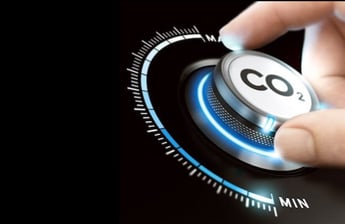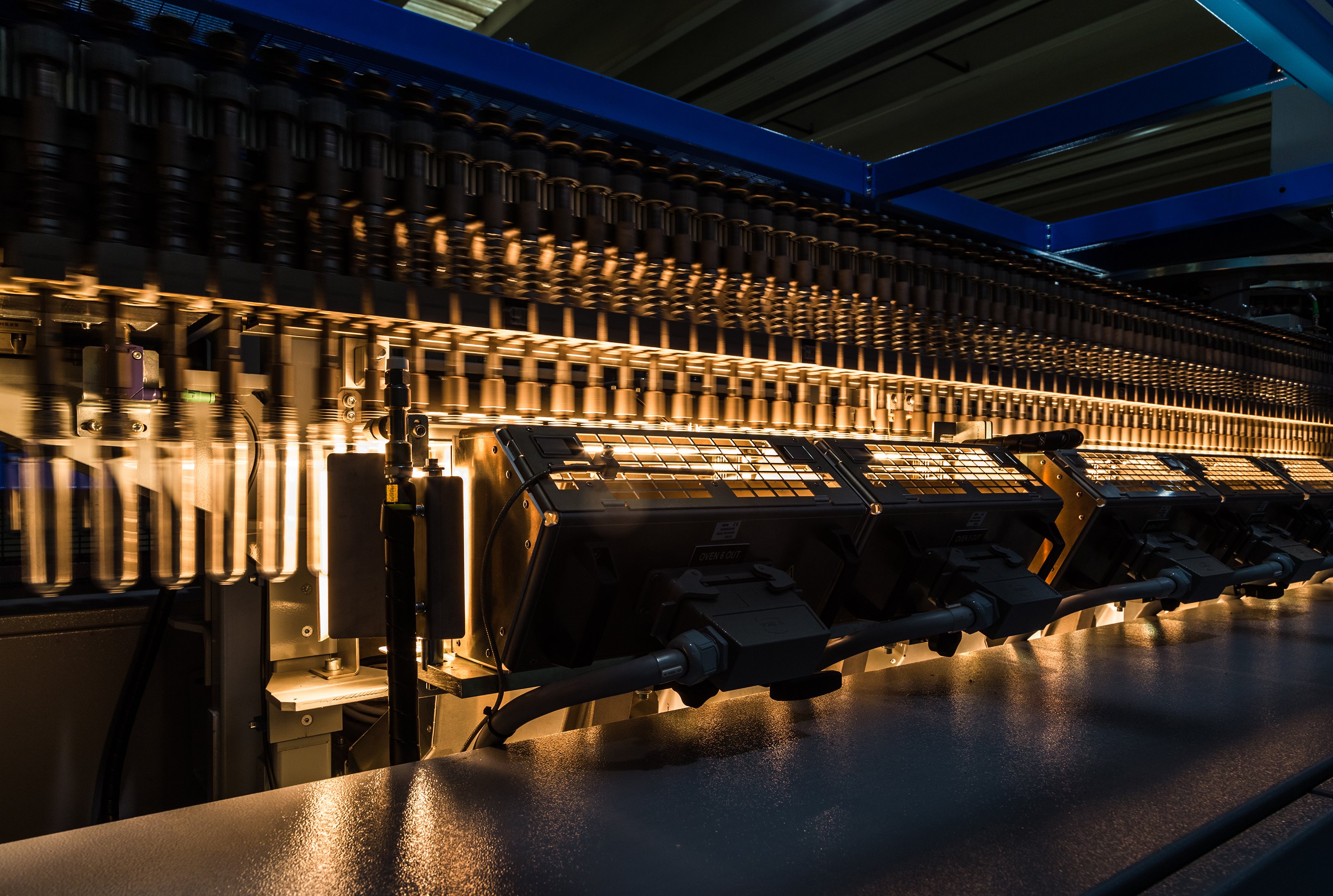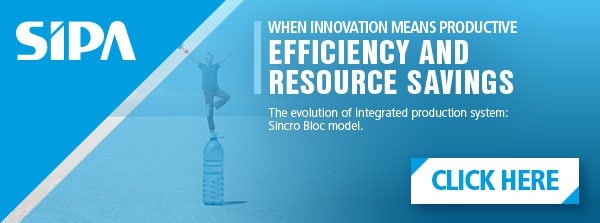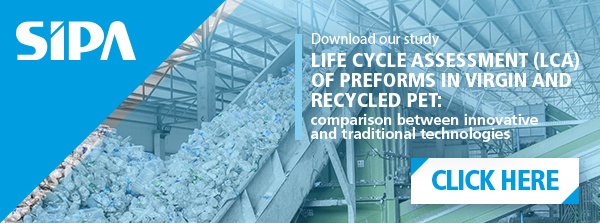 Technological innovation has seen the development of increasingly evolved liquid filling machines that offer improved levels of performance.
Technological innovation has seen the development of increasingly evolved liquid filling machines that offer improved levels of performance.
Parallel to innovation in the sector, of growing concern is the lowering of the environmental impact of industrial production through the correct and responsible use of available resources, including industrial filling and bottling processes of PET bottles.
This is of fundamental importance given the proliferation of plastic in the sea and more generally in the environment, with millions of pet plastic bottles discarded.
Production processes have been rationalised to reduce CO2 emissions, coupled with recycling and containment of energy consumption to promote a more eco-sustainable approach.
According to a report by the Intergovernmental Panel on Climate Change (IPCC), the warming of the climate is attributable to an increase in the concentration of greenhouse gases in the atmosphere caused by human activity and industrial production in particular.
Certain environmental processes have contributed significantly to climate warming and the scarcity of natural resources.
We can no longer consume the planet's resources in a non-considered manner.
We need to use alternative renewable resources and recycle material instead of using raw materials where possible.
The strategic objectives of sustainability
In particular, the environmental policy for sustainability has a number of different strategic objectives:
- the reduction of CO2 emissions and that of other noxious gases in the air;
- the reduction of energy consumption;
- the use of recycled materials rather than new raw materials
- the reduction or the re-use of waste products, including pet plastic bottles
READ ALSO: " PET Bottle filling machine, filling techniques: Performance & Precision "
The reduction of electrical energy in bottling processes
Most electrical energy used in bottling processes is connected with the production of compressed air and the heating of preforms in the oven before blowing.
The quantity of energy volumes connected with compressed air production in blowing and bottling have led the market to produce compressors with inverters and other solutions.
This innovation prevents machines from idle running and modulates the compressed air based on requirements.
All of this is important if there are number of machines installed in automated systems. The functioning of the single machines can be optimised based on compressed air requirements to limit consumption.
To reduce electrical energy used to heat the preforms before blowing, the development of much more compact and efficient ovens reduces consumption as well as installed power.
READ ALSO: " SFL, SIPA's PET blow moulding machine: excellence and flexibility "
rPET, the evolved process that has come from recycled plastic
If appropriately selected, PET and PET bottles in particularly, return as a raw material with almost the same characteristics and functions as the virgin material, but with reduced environmental costs, including a decrease of CO2 emissions of 60%.
A precious resource, even if still scarce, given the increase of requests following the norm authorising the use of recycled PET in packaging in direct contact with food products.
This has led to a number of consortia to develop techniques and procedures for the use of recycled PET, known as rPET.
A production factory for preforms in rPET, made with recycled material, authorised by recent European bottling norms, is a leading example of the focus on economic sustainability and a taste of industrial production systems to come.






